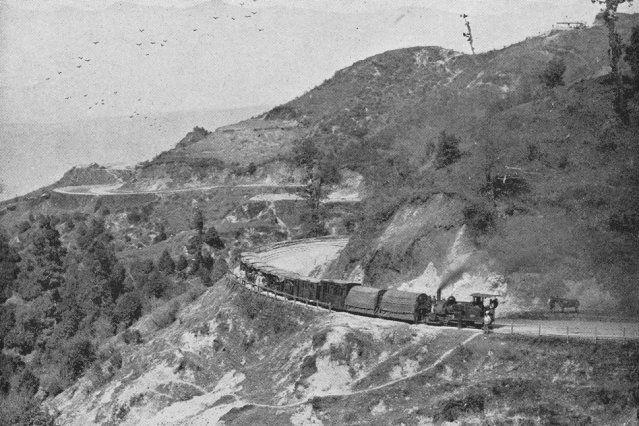Before 1870, India barely had railroads. It didn’t have many canals either, and only a small percentage of the population lived along the three main rivers. So when goods needed to be transported, people used steer, which could pull freight about 20 miles per day.
But the British, India’s colonial rulers, started building rail lines, and then built some more. By 1930, there were more than 40,000 miles of railroads in India, and goods could be shipped about 400 miles a day.
The result? As MIT economist David Donaldson shows in a newly published study on the economic impact of building infrastructure, railroads fostered commerce that raised real agricultural income by 16 percent.
Read more
